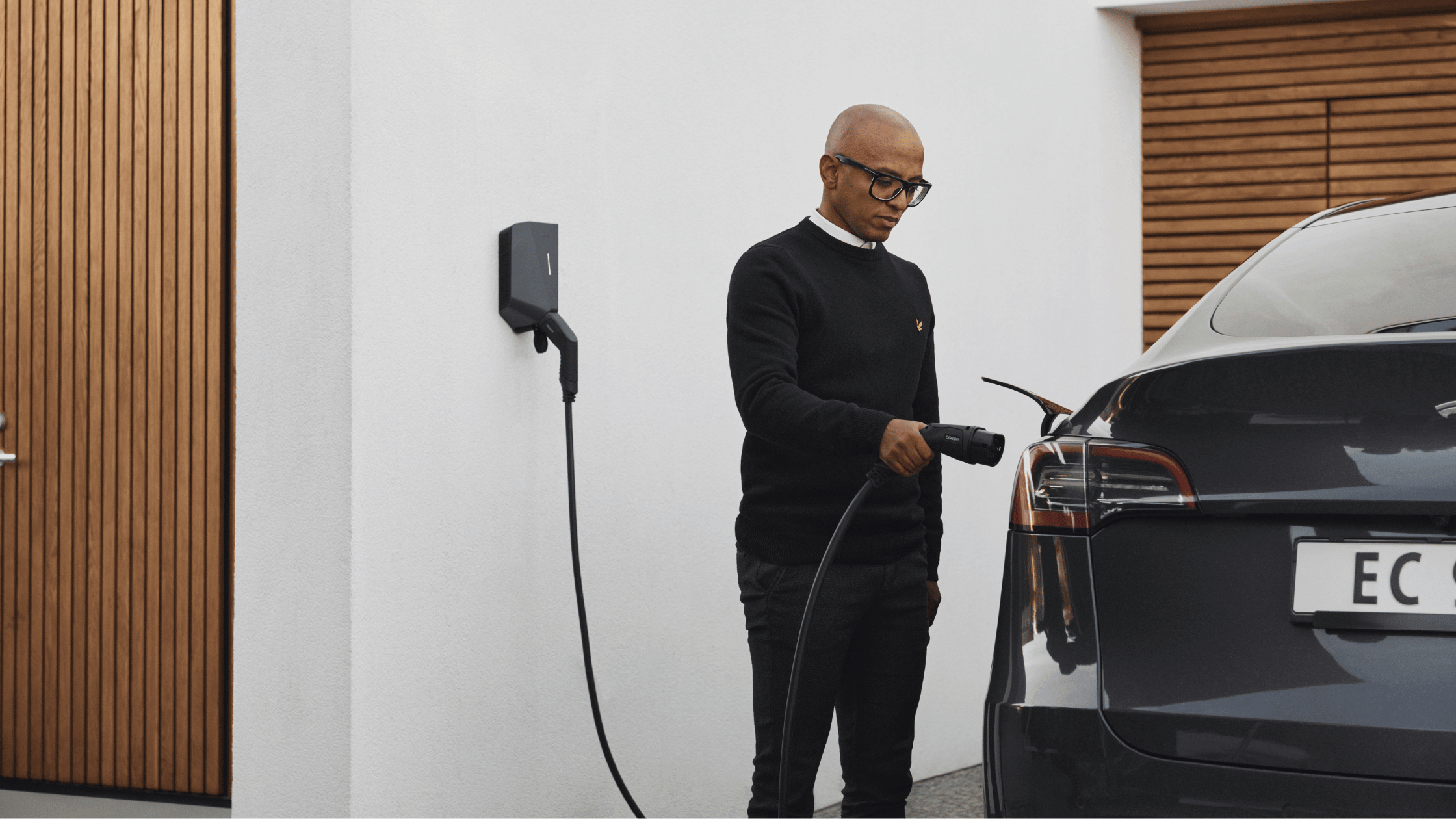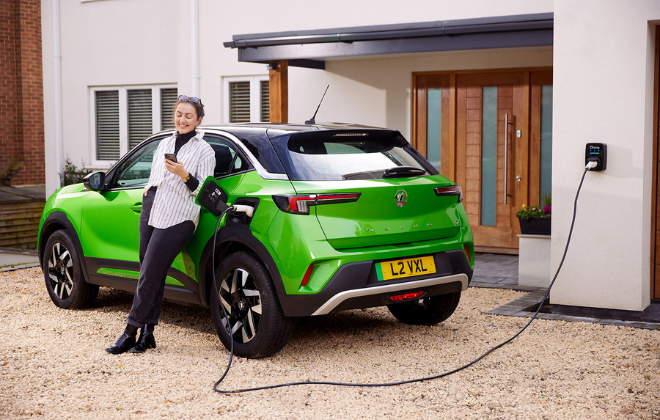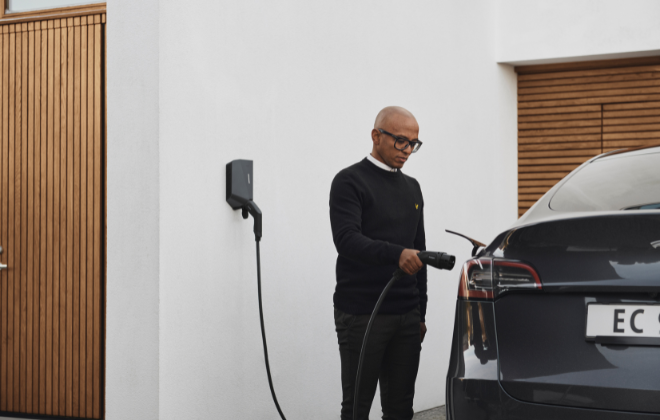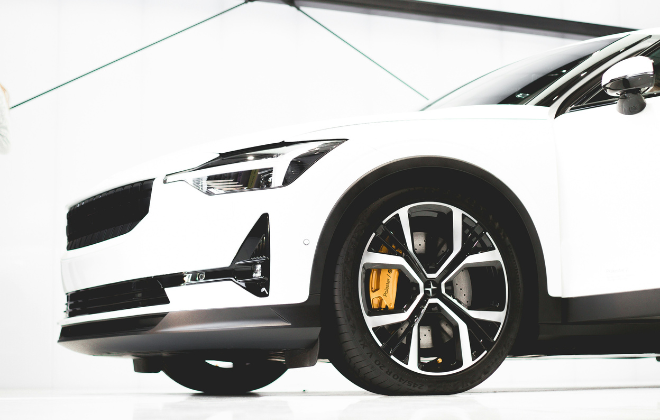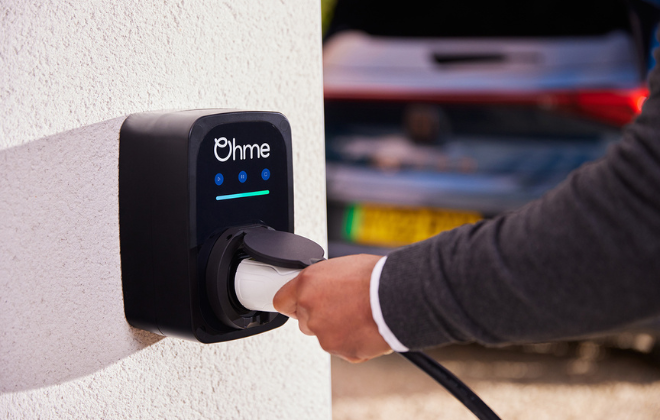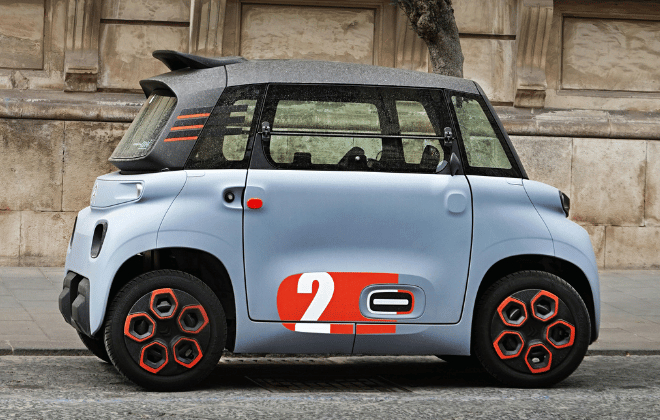

Do electric cars use oil?
Do electric cars use oil? What liquids do EV’s need?
With over a million battery electric cars on UK roads – and counting – it comes as no surprise that people are asking what maintenance is required to keep EVs in the best condition. And while it’s commonly known that petrol and diesel vehicles require engine oil to function, many potential EV converts and those who have already made the switch are wondering – do electric cars use oil?
In this article, we will explore the topic of electric cars and oil usage and clarify which liquids battery electric vehicles (BEVS) and plug-in hybrid electric vehicles (PHEVs) need.
Do electric cars use engine oil?
In a traditional internal combustion engine (ICE) vehicle, one of the primary functions of engine oil is to lubricate the moving parts within the engine. As the engine runs, various components, such as the pistons, crankshaft, and camshaft, move at high speeds and create friction. Engine oil forms a thin film between these metal surfaces, reducing friction and minimising wear and tear, essentially extending the lifespan of engine components.
Battery electric cars do not have internal combustion engines. Instead, battery electric vehicles have electric motors that power the vehicle. And since engine oil is only required in petrol and diesel vehicles to lubricate moving parts within an internal combustion engine – a part that battery electric cars don’t have – it’s safe to say that no, battery electric cars, such as Teslas, don’t use oil.
So, do electric cars need an oil change?
No, battery electric cars don’t use engine oil, so subsequently, they don’t need oil changes during services. A benefit of electric cars is that they often require less maintenance in comparison to petrol and diesel vehicles.
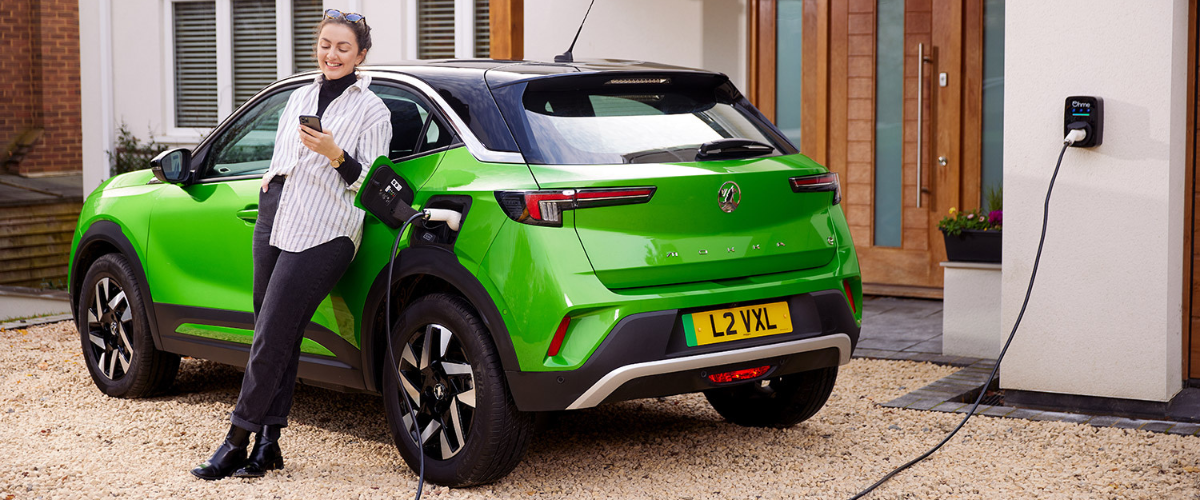
Do hybrid cars need oil changes?
To grasp the oil requirements of hybrid electric cars, it’s crucial to understand their powertrain system. Unlike pure electric cars (battery electric cars), hybrid vehicles still rely on internal combustion engines for certain functions. In fact, hybrid electric vehicles have two primary sources of power: an internal combustion engine and an electric motor.
Since plug-in hybrids still feature an internal combustion engine, hybrids do use engine oil to function and need oil changes to ensure optimal performance, just like petrol and diesel vehicles.
It’s important to note that hybrid electric cars do not require special engine oil; regular oil works perfectly in regard to hybrid engine oil changes.
Do hybrid cars need fewer oil changes?
Yes, since hybrid electric cars have an electric motor, too, the frequency of hybrid car oil changes will be less than your average ICE vehicle.
Do electric cars use other fluids?
While electric cars do not require oil, they may still have other fluids that need attention – albeit fewer liquids than their petrol and diesel counterparts.
- Coolant: Electric vehicles rely on dedicated cooling systems or fluid circulation to regulate battery temperature. Coolants, not oil, are used to prevent overheating of the battery pack and other electrical components. Coolant maintenance is essential to ensure smooth driving, and it should be topped up regularly. Make sure you do not try to do this yourself, though – coolant should be handled by a professional.
- Brake fluid: Despite the power behind electric car brakes – hello regenerative breaking – electric cars still require periodic brake fluid changes to ensure optimal braking system efficiency.
- Windscreen washer fluid: It doesn’t matter what type of vehicle you have – electric, petrol or diesel – you need to regularly top up your windscreen washer fluid.
- Air conditioning fluid: Electric cars may have air conditioning systems that require fluid checks and maintenance.

Conclusion:
In conclusion, the absence of internal combustion engines in battery electric vehicles eliminates the need for engine oil and oil changes in electric vehicles. Comparatively, since plug-in hybrid EVs house an internal combustion engine, engine oil is still a necessity for a PHEV to function.
For full details of your electric car maintenance needs, please check your electric vehicle owner’s manual. While car servicing is typically every 12 months or 10,000 miles, EV fluids may need to be topped up more regularly.
Summary:
- Battery electric cars do not use engine oil since they do not have internal combustion engine. This also means EVs do not need oil changes during services. Popular electric cars such as the Tesla Model 3 and Nissan Leaf therefore do not use engine oil nor need oil changes.
- However, hybrid electric cars do use oil and require oil changes. This is because they have both an electric motor and an internal combustion engine.
- While battery electric cars don’t need engine oil changes, they still need coolant, brake fluid, windscreen washing fluid and air-conditioning fluid top-ups and checks.
Do you have an electric car? Are you interested in charging faster, safer and more conveniently?
If you want a home EV charger installation, click below to get your free quote, or contact us for more information or any queries you may have. Our expert customer service team will always be happy to help. With expert engineers across the UK, we can install wherever you are with fast lead times.
Related articles_
Stay up to date on the latest from We Power Your Car_
I consent to receive newsletters from We Power Your Car. Please see our Privacy Policy



